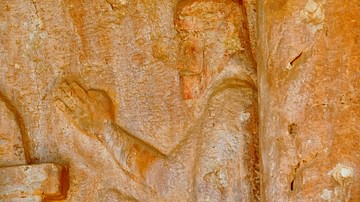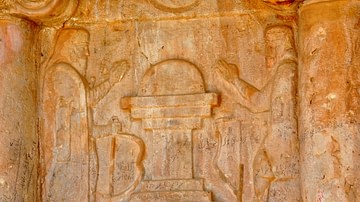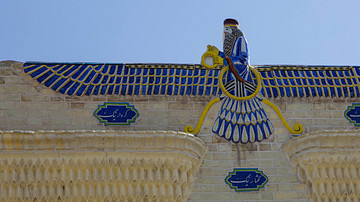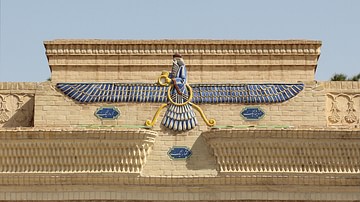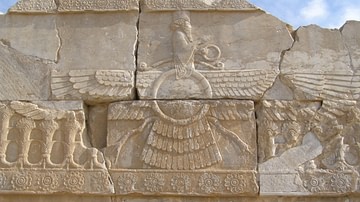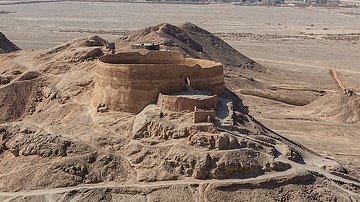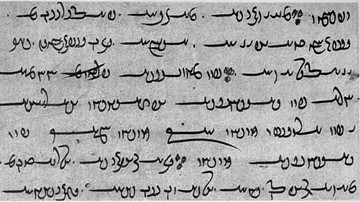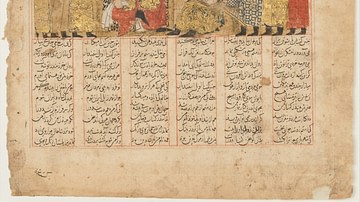Ancient Persian religion developed in the region of Greater Iran by the 3rd millennium BCE and corresponds to what is known today as ancient Persian mythology. This belief system informed the Persian Achaemenid Empire, even after the acceptance of Zoroastrianism, as well as the later Parthian Empire and Sassanian Empire. Zoroastrianism is still practiced today.
The ancient religion of Iran was polytheistic and was eventually replaced by the monotheism of Zoroastrianism. Even so, shrines and sites sacred to deities such as Mithra and Anahita continued to draw adherents up through the 7th century CE when the region was conquered by the Arab Muslims.
